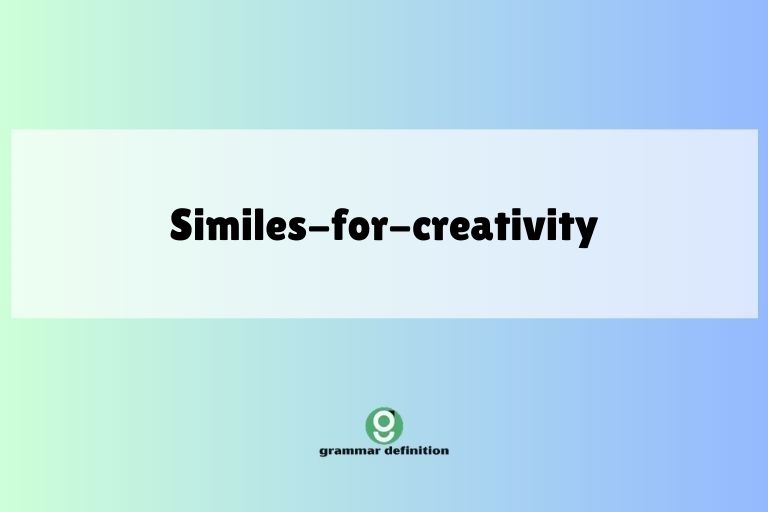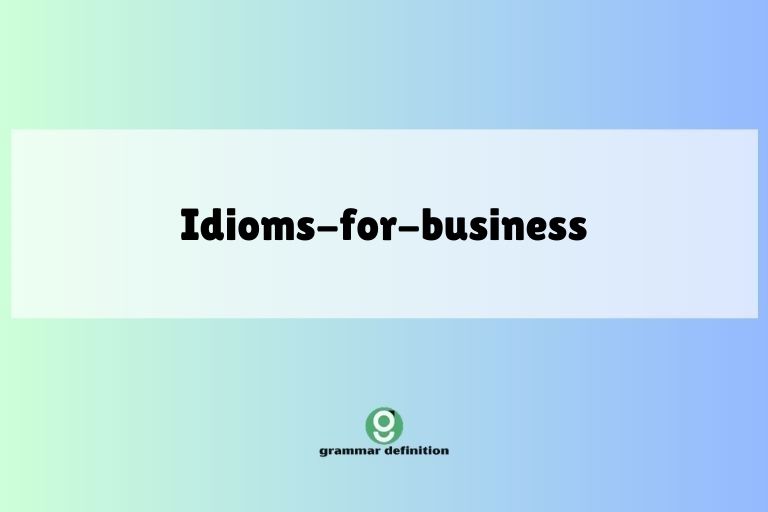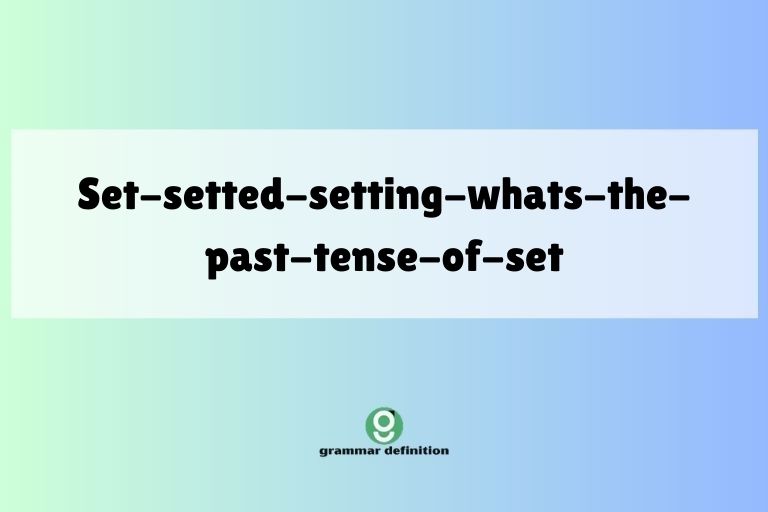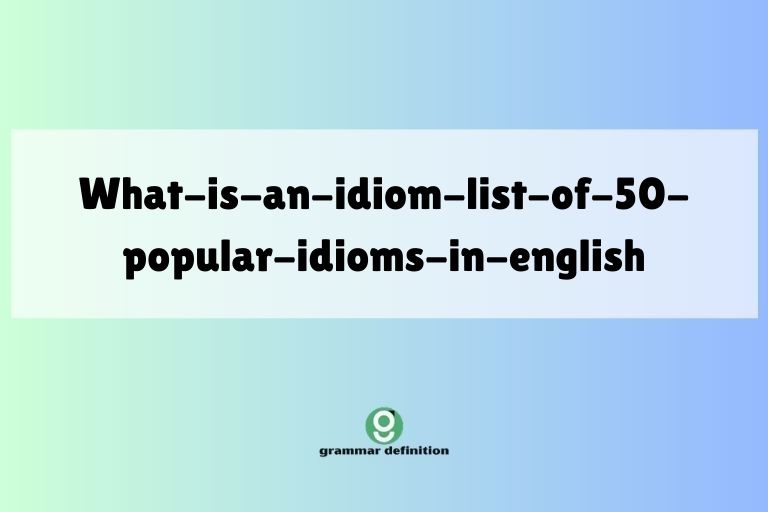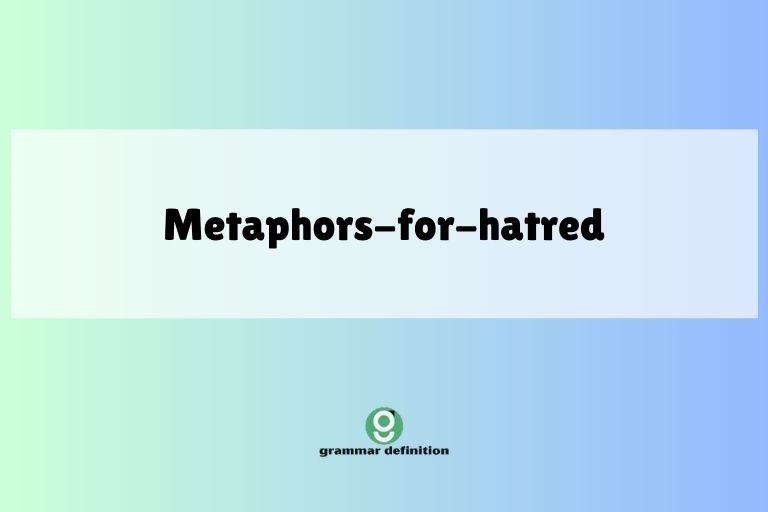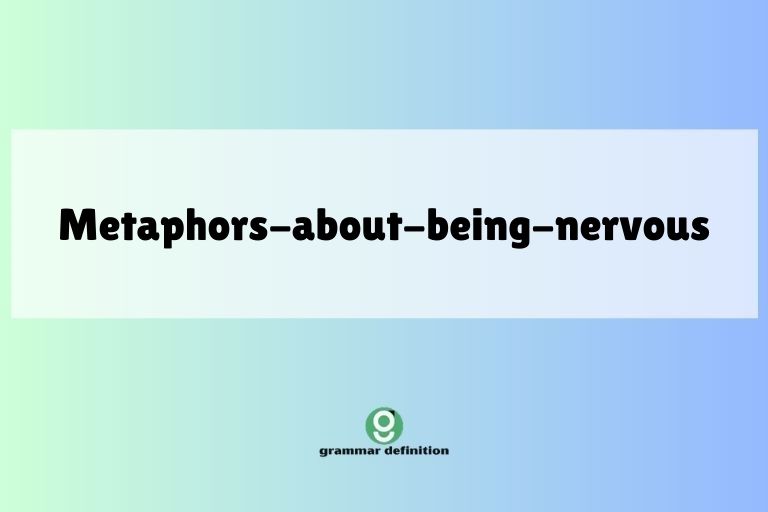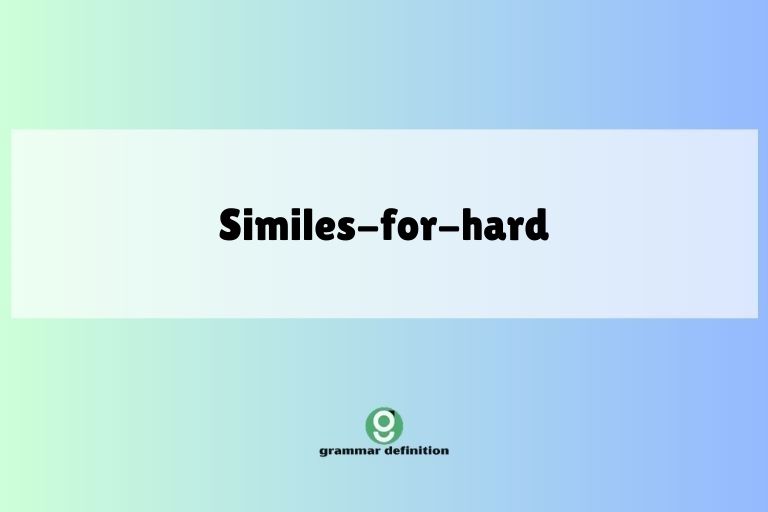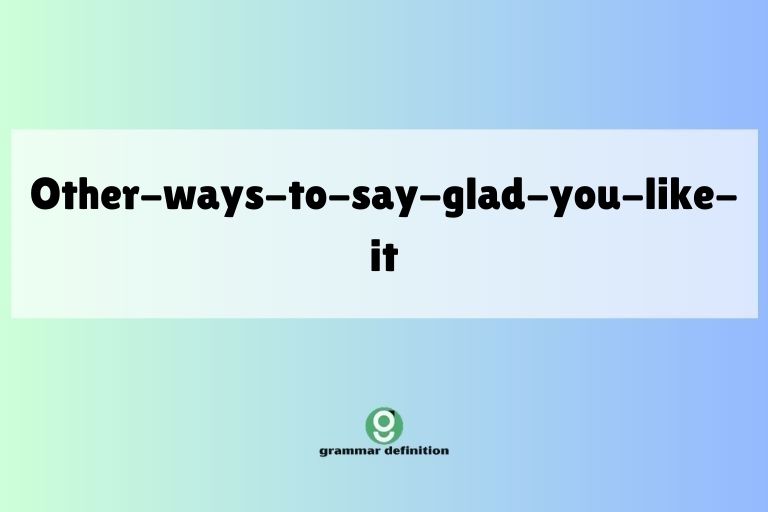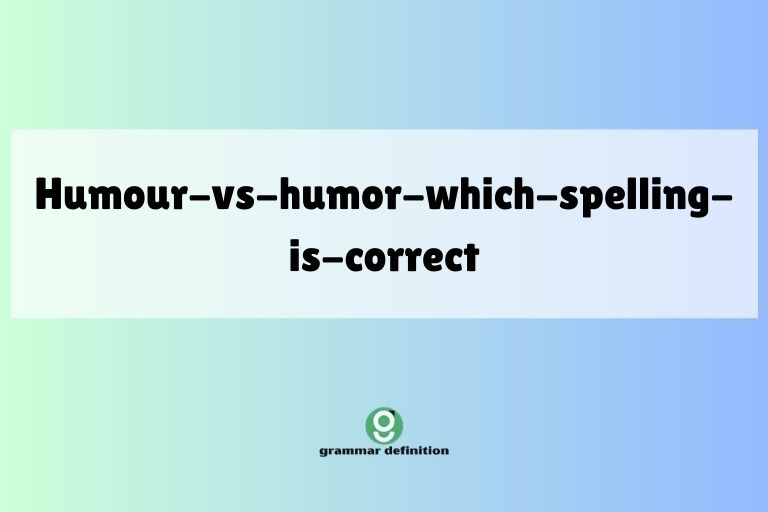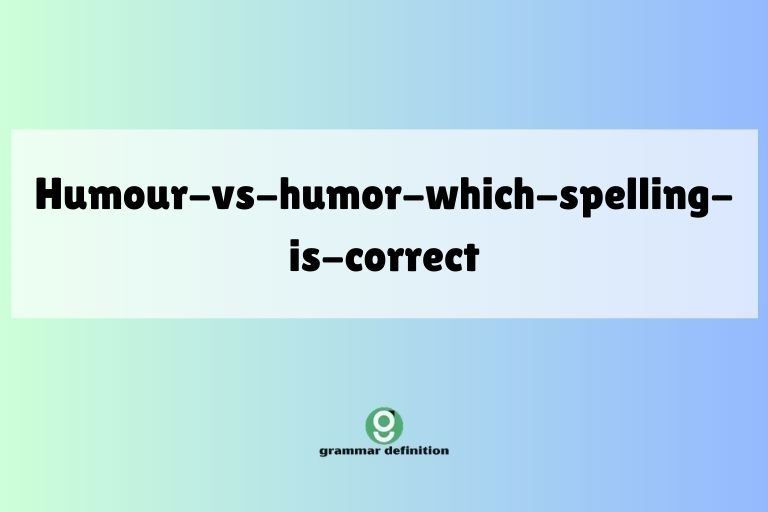Similes for Creativity: Sparking Imagination with Figurative Language
Understanding and utilizing similes is crucial for enhancing creativity and descriptive writing. Similes allow writers to draw comparisons between seemingly unrelated things, creating vivid imagery and deeper meaning. This article will explore the definition, structure, types, and usage of similes, providing numerous examples and practice exercises to help you master this powerful literary device. Whether … Read more

